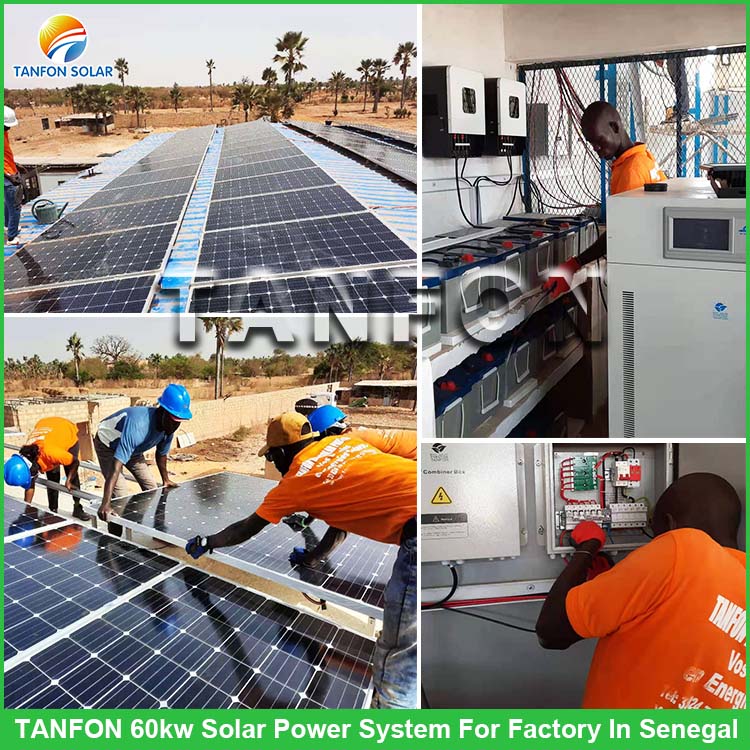Top 10 Solar Project Solution Factory In China
Solar energy has become an increasingly popular form of renewable energy for industrial applications. Industrial solar energy systems are designed to meet the energy demands of large commercial and industrial facilities. These systems can be installed on the roofs or grounds of facilities, and they generate electricity by converting sunlight into energy using solar panels.
Components of Industrial Solar Energy Systems

1. Solar panels: These are the most important components of a solar energy system. They are made up of photovoltaic cells that convert sunlight into direct current (DC) electricity.
2. Inverter: The inverter is responsible for converting the DC electricity produced by the solar panels into alternating current (AC) electricity, which can be used by the facility.
3. Batteries: Industrial solar energy systems may also include batteries, which store excess energy produced by the solar panels during the day. The stored energy can be used to power the facility during times when there is no sunlight, such as at night or during cloudy weather.
4. Monitoring system: A monitoring system is used to keep track of the performance of the solar energy system. It can provide information on how much energy is being produced, how much energy is being used, and if there are any issues with the system.
There are several benefits to using industrial solar energy systems:
1. Cost savings: Industrial Solar energy systems can help reduce energy costs for industrial facilities. The energy produced by the solar panels can be used to power the facility, reducing the amount of electricity that needs to be purchased from the grid.
2. Environmental benefits: Solar energy is a clean and renewable source of energy. By using solar energy, industrial facilities can reduce their carbon footprint and contribute to a cleaner environment.
3. Energy independence: Industrial solar energy systems can provide energy independence for facilities. By generating their own electricity, facilities can reduce their dependence on the grid and the potential for power outages.
4. Long lifespan: Industrial solar energy systems have a long lifespan, typically lasting 25-30 years. This means that facilities can benefit from solar energy for many years to come.
Conclusion
Industrial solar energy systems are becoming an increasingly popular choice for large commercial and industrial facilities. These systems offer a range of benefits, including cost savings, environmental benefits, energy independence, and a long lifespan. With the continued development of solar technology, industrial solar energy systems are expected to become an even more important part of the renewable energy landscape.
The King of the Democratic Republic of the Congo has provided a solar energy storage power station system for the village of Bunkeya to meet the electricity needs of 2500 small households in the village. As the village currently lacks access to the grid, the King requested the design of a 1MW solar panel system paired with a 1.8MWh lithium battery storage system to power the entire village.
